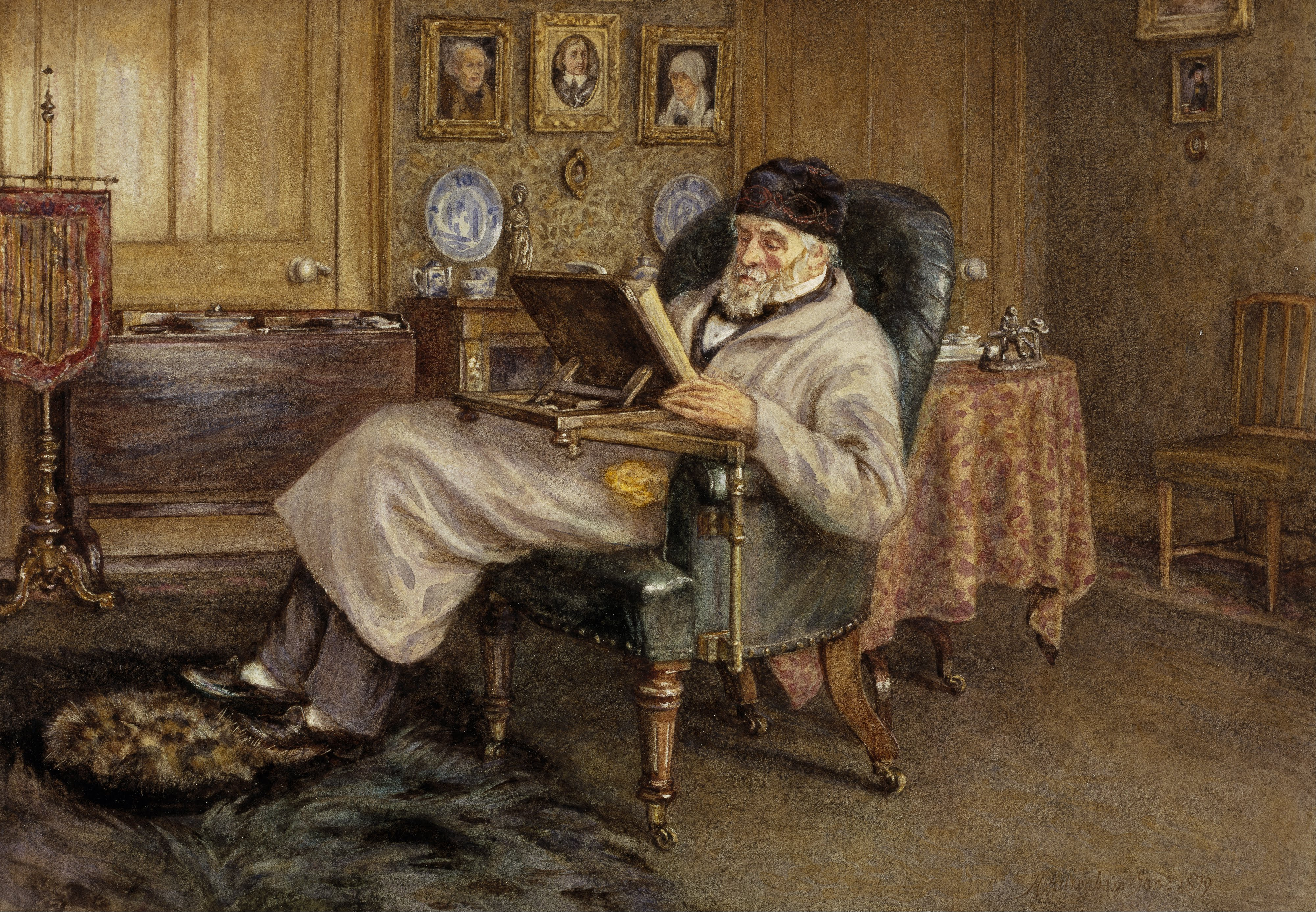 |
| Letter writing is not entirely dead (just yet) |
 To the Letter: The Lost Art of Letter Writing and How to Get It Back by Simon Garfield
To the Letter: The Lost Art of Letter Writing and How to Get It Back by Simon GarfieldMy rating: 3 of 5 stars
This is a quirky book about the lost art of letter writing. I started writing letters again a few years ago, writing to family and later friends. My family and I still correspond but no friends ever returned a letter. One gentlemen did email me, saying he was pleasantly surprised to receive a handwritten letter, but that he used email these days. I have a letter waiting to go to my sister as I write this, and she will respond in kind. Garfield (his name was Garfunkel but this was changed by his forebears during the war; Simon Garfunkel would have been novel) touches on the re-emerging cult of letter writers, but begins at the beginning with the letters of Ancient Greece, and later Seneca et al., and mentions a number of famous authors and artists and their famous collections of letters that exist to this day. I did not know about Pliny the Younger's account of the eruption of Mount Vesuvius, nor many other letter-writing stories of old. The book is cleverly punctuated with letter from a soldier to a woman who becomes his pen pal/girlfriend during the Second World War, and the story of their growing love unfolds as does the history of the letter (and to some extent, the post). I found myself wanting to finish each chapter to get to the love story. It has inspired me to tackle a few of the as yet unexplored volumes of letters I have in my library: The Letters of Ernest Hemingway (three volumes), George Orwell: A Life in Letters, The Letters of John Keats, and, although not strictly letters, but The Journal of Sir Walter Scott. Garfield's work is well-referenced and provides a stack of further reading. This book was a gift, and while I may not have chosen it myself, it was an enjoyable and enlightening read, both from a historical perspective and also as one who might consider letter-writing, at least to my family, a form of hobby. I was surprised by the number of typographical errors in this book, typically words missing the plural where it was required and other words repeated other words repeated (like that), and while it is understandable that almost all but the longest surviving (and therefore most edited) works will have some typos, there were quite a few here. Nevertheless, there were many snippets of history I was completely unaware of, and for that alone it was useful, but as a complete package, with the love story intertwined, this is a delightful book and I am pleased to now have it in my collection.
See also: The Art of Manliness: The Art of Letter Writing.
View all my reviews
 Donate
Donate









 The Political Flâneur: A Different Point of View
The Political Flâneur: A Different Point of View